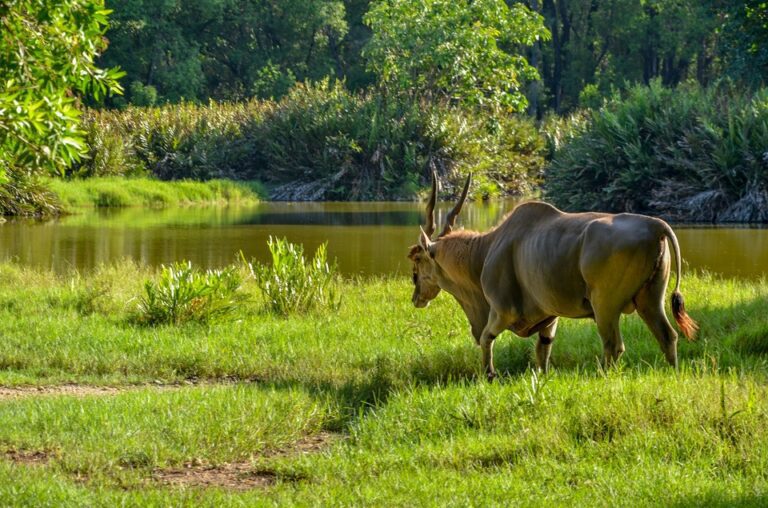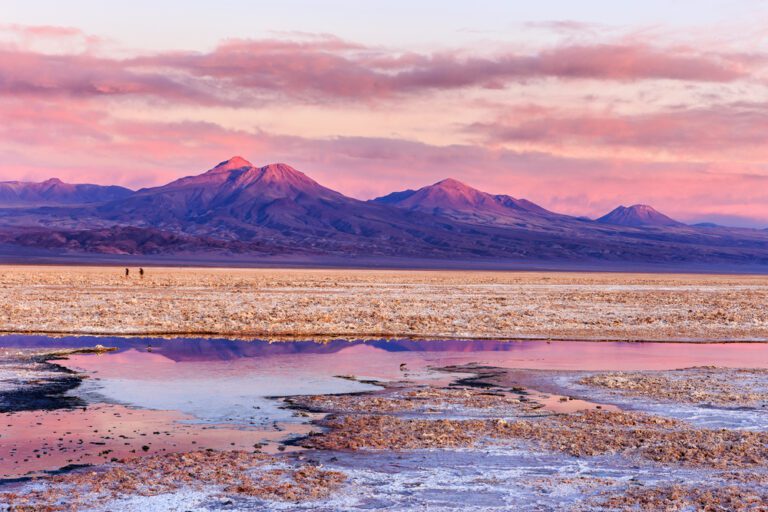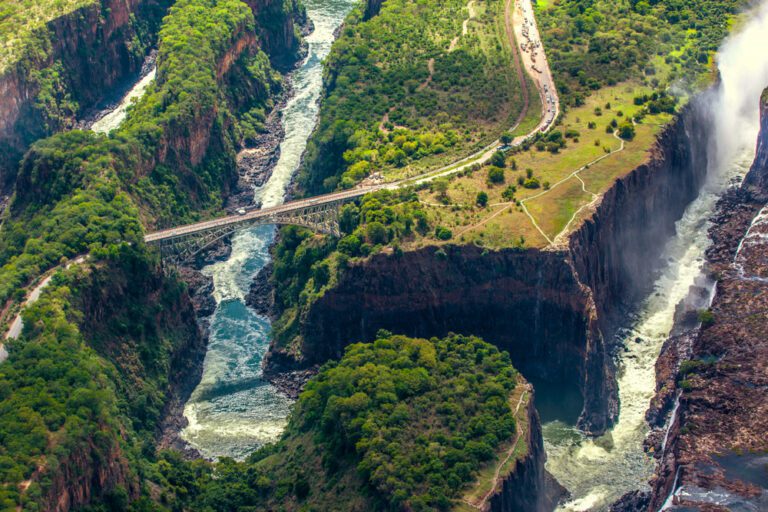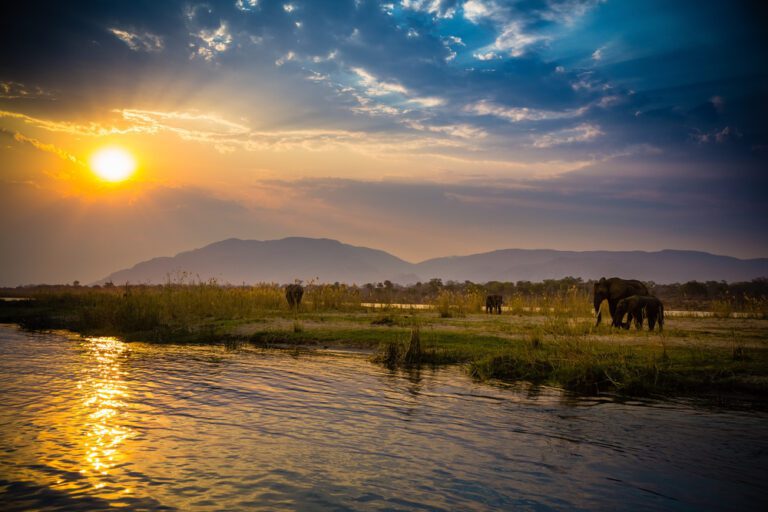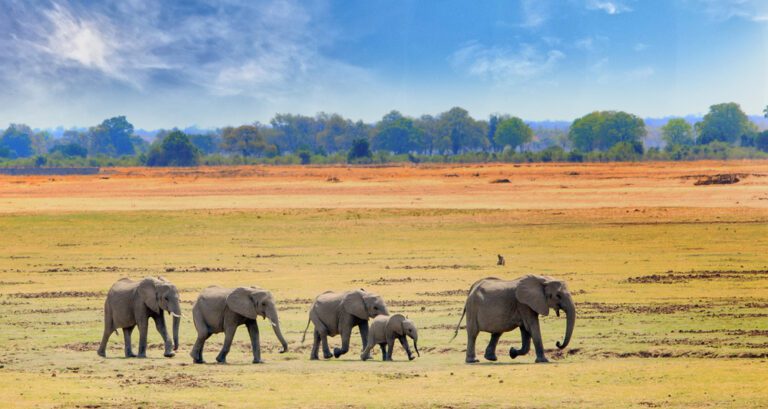DOMAINE – When travellers ask where to go in Grand Baie to savour some Mauritian home cooking, locals invariably say Domaine. Prices are low and the best dishes are the local specialties, such as ourite au safran (octopus cooked in ginger, garlic and turmeric) and chilli lamb.
PALAIS DE BARBIZON – In the tiny hamlet of Chamarel, Barbizon may not look like much but it’s a fabulous place. Marie-Ange helms the kitchen, whipping up traditional flavours from her family’s cookbook while Rico L’lntelligent entertains at the tables. There’s no menu; instead, Rico offers a feast of rum punch, rice, veggies, and fish or chicken. It’s the best money you’ll spend.

PORT LOUIS CENTRAL MARKET – Port Louis’s rightly famous Central Market is a good place to get a feel for Mauritian life. Most authentic are the fruit and vegetable sections. Grab a breakfast of French pastries or spicy dhal puri, which you can eat standing alongside locals who’ve paused for a bite on their way to work, before exploring the ornate Victorian halls.
KING THE BLACK RIVER GORGES – A wild expanse of hills, trees and waterfalls, this national park is the last stand for Mauritian forests and many native species, such as the Mauritius kestrel, the echo parakeet and the pink pigeon – which are all endangered.
SAILING & SNORKELLING – In Mauritius’s southeast corner, the town of Mahebourg anchors a series of islands, including lie aux Aigrettes, popular for boat trips and snorkelling excursions. Local legend Jean-Claude Farla is a six-time national swimming champion who also competed in the Indian Ocean Games.
GARDEN TOURING – After Kew, the Sir Seewoosagur Ramgoolam Botanical Garden at Pamplemousses is one of the world’s best. The centrepiece is a pond filled with giant Victoria amazonica water lilies, and there’s an astonishing abundance of palms and birdlife. Labelling of the plants is a work in progress, so hire one of the knowledgeable guides at the entrance to show you around.

NATURAL HISTORY MUSEUM & INSTITUTE – The main attraction here is the reconstruction of a dodo, which was native to Mauritius. Scottish scientists assembled the bird in the 19th century, using the only complete dodo skeleton found. There’s also a collection of stuffed endemic birds, including the red rail and solitaire, also extinct.
PERE LAVAL’S SHRINE – The shrine of Catholic priest and missionary Pere Jacques-Desire Laval is something of a Lourdes of the Indian Ocean. The Frenchman is credited with converting 67,000 people to Christianity during his 23 years in Mauritius. Notice the plaster effigy of the priest on top of the tomb – it’s been rubbed smooth by miracle-seeking pilgrims.


